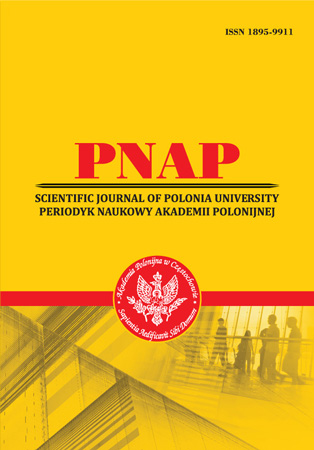CONCEPT GENIUS IN ITS HISTORICAL PERSPECTIVE
Abstract
The article is dedicated to the study of the English concept GENIUS in the historical perspective of its formation and functioning. The work outlines the main trends in philosophical studies of this phenomenon (irrational, rational, empirical, socio-cultural); analyzes the etymology and semantics of the English lexeme which nominates the given concept; offers the algorithm of the linguistic study of the conceptual field GENIUS. The first known instance of the term genius used in the English language is as far as the times of the Roman Empire, where it referred to a male spiritual protector or a guardian spirit. It was not until the Enlightenment when the connotations of the word obtained its present meaning referring to the superior or unique abilities of an individual. The second half of the XVIII century marks a turning point in the semantics of this lexical unit. Since then, genius has denoted not only a special ability, but also a person who has such quality. Nowadays the word genius and the corresponding concept have undergone a considerable extension of their meaning as a result of being overused, denoting people who have remarkable achievements in any possible sphere of human activity.
References
2. Khomchenkova, E.A. (2007). Fenomenolohyya henyal'nosty: ot antropnoy k sotsyokul'turnoy determynatsyy. [Phenomenology of genius: from anthropological to socio-cultural determination]. Candidate’s thesis, Omsk. [In Russian]
3. McMohan, D.M. (2013). Divine Fury: a history of genius. New York: Basic Books.
4. Simonton, D.K. (2020). Genius. The Palgrave Encyclopedia of the Possible. London: Palgrave Macmillan, Cham, 1–6.
5. Genius-a. URL: https://www.etymonline.com/word/genius
6. Genius-b. URL: http://www.thefreedictionary.com/genius
7. Genius-c. URL: https://www.britannica.com/topic/genius-psychology
Abstract views: 838 PDF Downloads: 283







